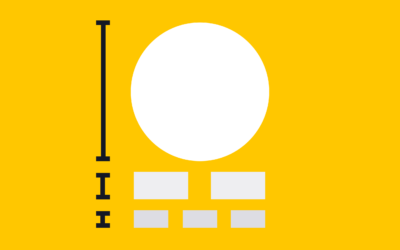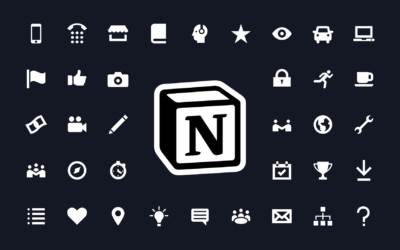This interview is part of our Empowered Women series in partnership with FREE THE WORK, The 3% Movement, The Female Quotient, and TIME’S UP Foundation — a coalition effort to champion more equal and accurate representation of women leading at work, at home, in their communities and beyond. Read more about this initiative here and download images from the Empowered Women collection here.
Brit Rocourt is Senior Director, Corporate and Foundation Partnerships at Plan International USA, where she helps mobilize private sector resources to ensure that all children, especially girls, have the right to learn, lead, decide and thrive.
We spoke with Brit to learn more about her work and initiatives she’s led, what inspires her as she looks to the future, and her advice for women navigating the path to leadership today.
Hi Brit! Tell us a little about yourself — how did you get to where you are today? What inspired you to join the team at Plan International?
I currently lead Plan International’s partnerships and resource mobilization efforts with U.S.-based corporations and foundations. My main inspiration for joining the team at Plan was being able to use my skills and connections in resource mobilization and stakeholder engagement to serve the most vulnerable communities around the world, especially girls.
I’ve always worked in the humanitarian and development sector for a few main reasons.
I grew up in a family very familiar with adversity, including mental illness, substance abuse issues, and race and socioeconomic barriers, so I always knew that I’d want to spend my life’s work serving those who are most vulnerable and marginalized. At the end of the day, there is always a piece of me that relates with those facing immense adversity.
During a high school service trip to the Dominican Republic, I realized that there were even deeper and complex adversities facing vulnerable groups in other countries, and that I wanted my worldview and life’s work to be truly global for this reason.
I love the challenge of bringing diverse sectors together- be it private, public, or civil society- around a social cause and driving resources to those who need it most, especially children and girls in particular. Whether in the U.S., Latin America and the Caribbean, or South Asia, I’ve spent the last 15 years of my career doing this type of work at places like the U.S. Agency for International Development (USAID), Inter-American Development Bank (IDB), United Nations Population Fund (UNFPA), and now Plan International USA.
For over 80 years, Plan International has been part of a global network striving for a just world that advances children’s rights and equality for girls, tackling critical issues including gender-based violence, child marriage, and educational and financial exclusion. What are some of the key programs Plan International has put in place to champion the next generation of women in leadership?
Here are just a few examples of some of the amazing programs Plan International is leading:
Safer Cities for Girls
Adolescent girls are too often ignored and underrepresented in discussion around city policy, governance and urban development. However, their voices are important so that cities are built to be inclusive of girls, allowing them to safely access education, transportation and safe spaces. The Safer Cities for Girls Program is supporting girls and boys to better understand their rights, recognize and avoid harassment, and redefine what is acceptable behavior. This allows girls to be safer, finish school and live in more inclusive environments, be it in Cairo, New Delhi, Hanoi or Kampala. Plan International USA partners currently support the program in Cairo and I’ve had the chance to see this incredible work and strength of the girls leading the charge to make Kampala a Safer City in Uganda.
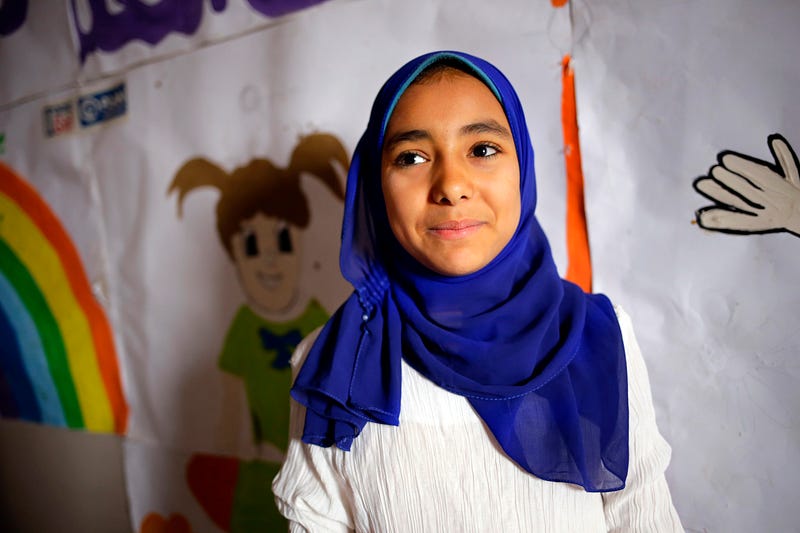
Through Plan’s Safer Cities for Girls program, Soaad (pictured above) and girls like her practice how to advocate for their rights. In her neighborhood girls’ club, Soaad learned self-defense skills. She and her fellow Safer Cities participants have even worked with Plan staff to make the project better. Today, because of participant suggestions, Safer Cities includes “sports days” where boys and girls play soccer together — something that would never happen otherwise.
The Graduation Project
Although there has been a lot of progress in girls education around the world, adolescent girls continue to struggle to stay in and finish high school. In Zimbabwe, Plan is helping more girls complete secondary school (high school) and giving them a seat at the decision-making table while doing so. Through the Graduation Project, girls are telling Plan why and how to build projects that are specific to their needs. Adolescent girls are co-creating program design, activities and the metrics by which we will measure success. Not only will more girls graduate from school because we are meeting their specific needs, they will have a toolbox of experiences to help them launch whatever they choose to do next. This project, and increasingly all of Plan’s programming is based on the premise that girls know the changes they need in their lives, and it’s up to us to listen and work with them, and for them, to make change happen.
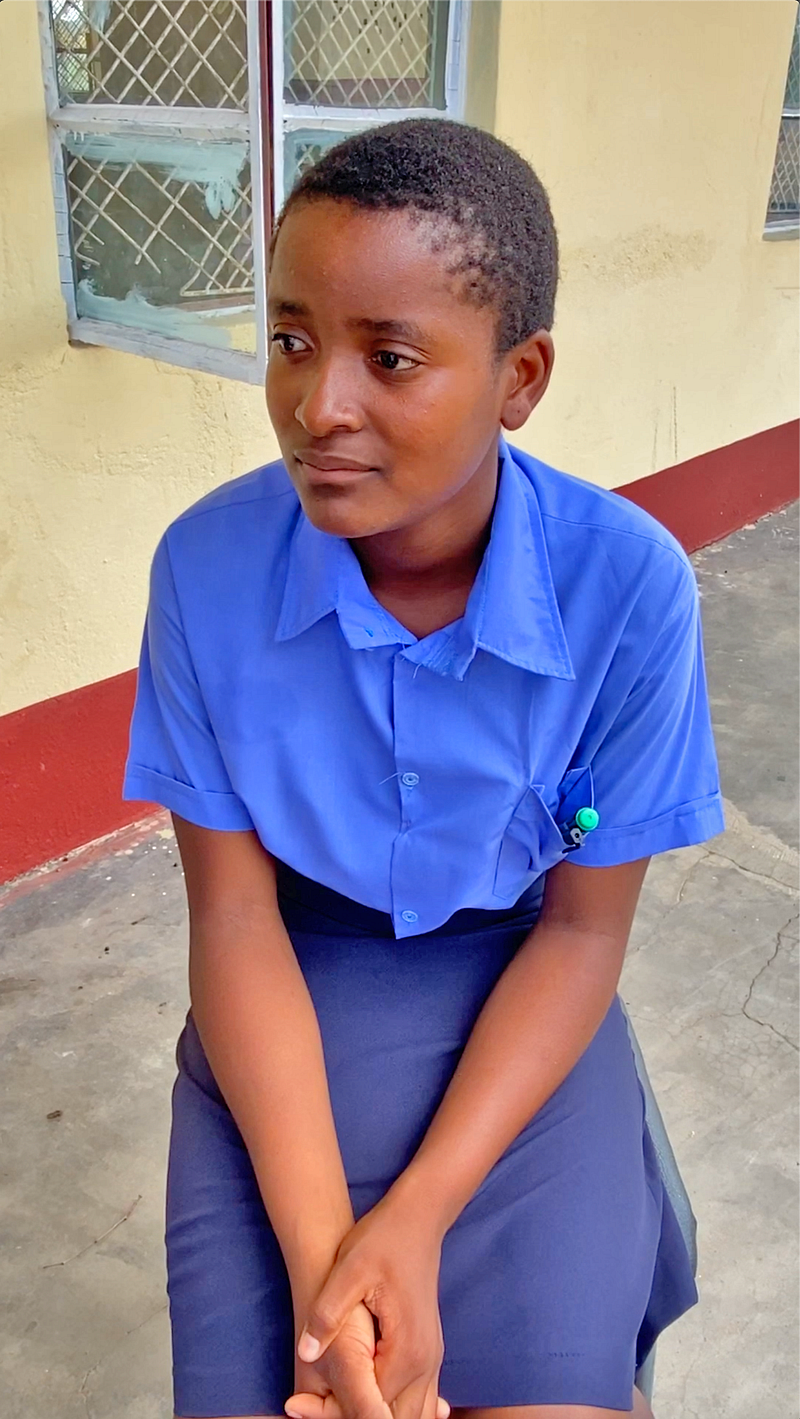
For 14-year-old Patience and the other girls at the Maranda School in Zimbabwe, an old abandoned shed near the school — a shed behind a noisy bar — has to become their makeshift dormitory. They have resorted to “bush-boarding” because the 3-hour journey to and from school was unsafe and affecting their ability to concentrate in school. The Graduation Project at Plan International USA is changing that, by letting the girls take the lead, working with our program staff to design and construct a new dormitory near their school. Taking the lead on this project showed them that they are capable and powerful — that their voices matter. Education is their only chance to become the women they want to be, and now they’re even more determined to do everything they can to help each other graduate.
In your role, you help mobilize private sector resources to ensure that all children, especially girls, have the right to learn, lead, decide and thrive. What does a typical work day look like for you?
On any given day, I am connecting virtually with colleagues anywhere from the Philippines to Brazil, with counterparts at organizations like P&G, ViacomCBS, Kimberly-Clark, and regularly touching base with my stellar team members and relevant internal counterparts to drive partnerships forward. I’m consistently communicating, building relationships, problem-solving, practicing project management skills, coaching, negotiating and matchmaking, all in an effort to get private sector resources to the children, girls, and communities we serve.
One partnership I’d like to highlight is The Body Shop’s support of Plan International USA’s Youth Leadership Academy (YLA), as I recently had the pleasure of witnessing the power of the program and partnership. The YLA is a leadership experience that cultivates young activists in the US to tackle social issues on a local and global scale in line with the Sustainable Development Goals. The Body Shop US was an ideal sponsor of the YLA this year for several reasons: The company was able to sponsor one of Plan’s few domestic programs by engaging its consumers during their #ImDreamingOf holiday campaign, they encouraged us to focus programming on girls and working towards SDG 5 for gender equality, and they were flexible when transitioning the program to a virtual platform because of COVID-19.
The Body Shop US employees engaged in the campaign, highlighting gender equality themes online and in-stores, and worked incredibly well with our senior account manager. It goes without saying, but the Body Shop US managed to convert me, our youth, and Plan into fans of the brand, and I can’t wait to see what more we do together in the future.
At Noun Project, we believe that visual language has the power to shape, reinforce and change perceptions. What are your thoughts on the importance of visual representation when it comes to supporting gender equality and empowerment for girls?
It is very important for girls to see people like them in positions of power. Just like anyone else, this helps expand what they feel is possible to achieve. One of the ways we do this on my team at Plan is by encouraging “takeover” experiences around International Day of the Girl. A takeover is when a young woman steps into a leadership role for a day. For example, members of Plan International USA’s youth network took over executive roles at companies like NBCUniversal, Disney-ABC, Hulu, CAA and The Female Quotient, among others. In 2019, 1,300 girls took over the roles of prime ministers, mayors and CEOs through Plan in countries all over the world. We’ve also partnered with the Geena Davis Institute on Women in Media to show how film and media stereotypes affect the lives and leadership ambitions of girls and young women, and how visual representation could reinforce or combat gender equality globally. Check out the #RewriteHerStory for more.
Looking to the future, what inspires you and what initiatives are you most excited about right now?
COVID-19 and its impact on Plan’s work around the world cannot be ignored; nevertheless, I still think this global challenge presents significant opportunities for the organization to better serve children and girls, and I’m most inspired to help the private sector step up to address the first and secondary effects of the pandemic on girls and young women.
According to the UN, the majority of children who are out of school and who will likely not return to school are girls, with 743 million girls losing out on education. We’re already seeing an uptick in domestic violence and protection issues, with 31 million more girls and women expected to face gender-based violence due to the economic and social stresses of the pandemic. And beyond the immediate hygiene and health challenges COVID-19 presents to us all, we know that more girls and women will be unable to access and use safe and modern contraceptives, more will be susceptible to teen pregnancy, and early and forced marriage. Corporations and foundations are some of the greatest power-holders in the world, and they have a significant and unique role to play in making sure the strides being made in girls’ education, safety, economic empowerment, and health are not set back. I’m cautiously optimistic about what we can do together to address these issues in the future.
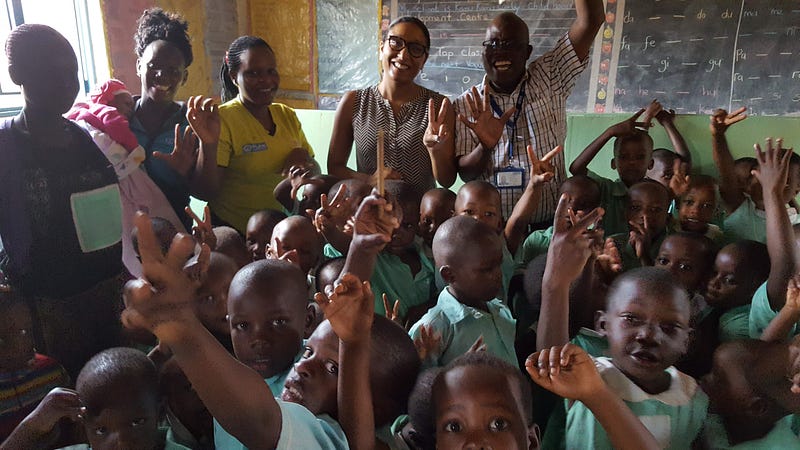
How can people help support the work you’re doing?
There are many ways you can get involved! I invite you to check out our website where you can learn more about our work, as well as COVID-19 response. You can also give to girls through one-time or reoccurring gifts so that girls can change the world. In addition, I encourage you to follow us on Twitter and Instagram.
What advice would you give to women who are navigating the path to leadership in the workplace, their communities and beyond?
What a big question! I don’t have any answers, but I can impart a few quotes and mantras that I’ve used to progress as a leader and a woman of color in the workplace and world:
- “No one can make you feel inferior without your consent”- Eleanor Roosevelt. I call on this quote whenever I’m feeling a bit of imposter syndrome in my professional or personal life.
- “People will forget what you said, and what you did, but they’ll never forget how you made them feel”- Maya Angelou. I use this daily, as it really speaks to the need for emotional intelligence, which I think is becoming increasingly important for future leaders in any industry.
- “My success is your success.” I’ve said this to team members under good and bad circumstances. I think it’s important as a leader to ensure your team they’re not alone in their endeavors even when it might feel that way, and that their professional and personal growth is important, even if I’m not always directly a part of it.
- “When opportunity is at your door, you better have an interesting knock” (I don’t know where exactly I heard this). Key traits I’ve had as a leader facing significant adversity and closed doors are resilience and being open-minded. When opportunity and the right door open, you have to be ready to jump right in, to race right in, to make it clear that your interesting knock was the one they’d been waiting for all along.
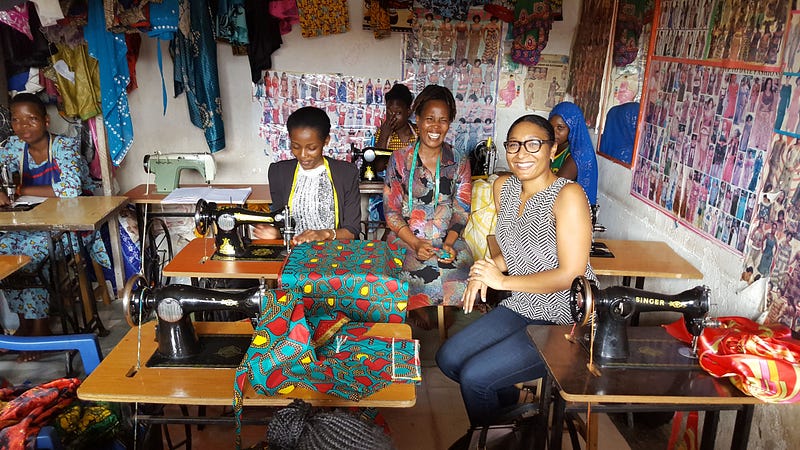
About The Female Quotient
The Female Quotient taps into the power of the collective to advance equality. Through their portfolio, the organization brings visibility to the invisible, creates actions and accountability for change, and help companies close the gaps across parity, pipeline, and policy. Together with their partners, they are adding more women to every equation, from college campuses to the corner office, across sectors and industries.



